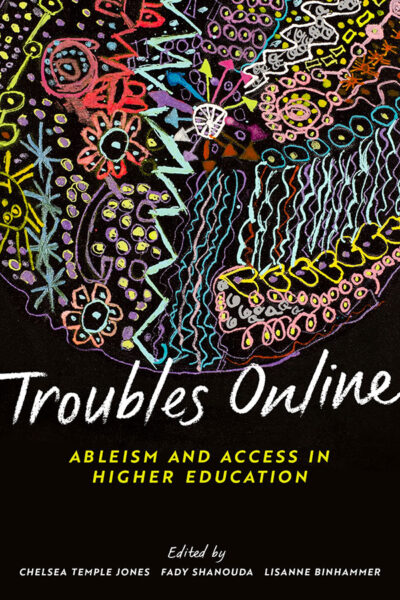Plus de 524 000 visiteuses et visiteurs par an!
Menu
Plus de 524 000 visiteuses et visiteurs par an!
Plus de 524 000 visiteuses et visiteurs par an!

It is often assumed that online learning is especially helpful for students with disabilities or who are neurodivergent — because this type of learning is accessible, adjustable and adaptable. But is it? Through narratives, poetry, interviews and scholarly analysis, this collection of resources helps the reader reflect on online pedagogy and highlights the possibilities of expanding critical and reflective standards for accessible teaching and learning. The approach taken by the editors and contributors for this collection starts from a design and social justice-based perspective, which leads to a serious challenge to our assumptions about universal design. Rather than using design to make disability and neurodiversity “invisible,” how can instructional design be used to leverage the different experiences and perspectives that disabled and neurodiverse students bring to their learning to enrich learning for all? The book asks us to consider not only which students are served by online education but also why and what the “why” means for teaching design and practice.
Jones, C.T., Shanouda, F. & Binhammer, L. (Eds.). (2025). Troubles Online: Ableism and Access in Higher Education. Athabasca University Press.
Reconnaissance du territoire autochtone
Contact North | Contact Nord reconnaît et respecte que son travail, ainsi que celui de ses partenaires communautaires, se déroule sur les territoires traditionnels des peuples autochtones à travers l’Ontario.